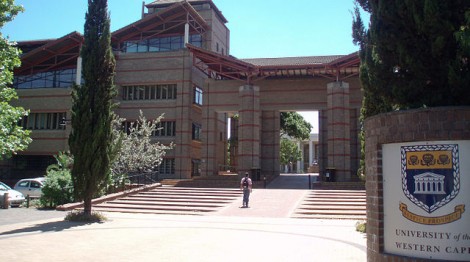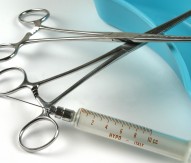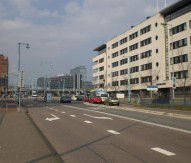
Continents seek biobank link in H2020 project
The second day of a meeting for a project focusing on connecting biobanking and biomedical research in Africa and Europe is taking place.
The two-day meeting opened at the University of the Western Cape, Cape Town in South Africa on Monday and is the project’s first meeting. According to the European Commission the venture, which is entitled ‘Bridging Biobanking and Biomedical Research across Europe and Africa’, or B3Africa, seeks to ‘dramatically improve and facilitate the development of better predictive, preventive and personalised healthcare worldwide’ and defines biobanks in Africa as an ‘invaluable resource’.
Commenting, Alan Christoffels from the University of the Western Cape and the South African National Bioinformatics Institute, said: “We have no time to lose. Connecting bio-resources from Africa and Europe and providing adequate technology will revolutionise how we perform research.
“The easy-to-use technical solutions will allow the participation of research from different regions regardless the level of development and networking capabilities. It will make it possible to include many research institutions as equal partners in the global effort to improve health and wellbeing.”
The project is receiving just over €2m from the EU body and will seek to develop a platform and technical information framework for the integration of biobanks between the two continents. The venture also aims to ‘harmonise the ethical and legal framework’ as well as ‘biobank data representation and bioinformatics pipelines’ in regards to sharing data and knowledge between biobanks. Additionally, the project is encouraging access to such resources from researchers in both continents.
The Coordination & Support Action, which runs until 2018, is co-ordinated by the Swedish University of Agricultural Sciences and includes participates from Austria, South Africa, Uganda, France, Kenya and Nigeria. Biobanking partners involved include BBMRI-ERIC and LMIC Biobank and Cohort Network.




